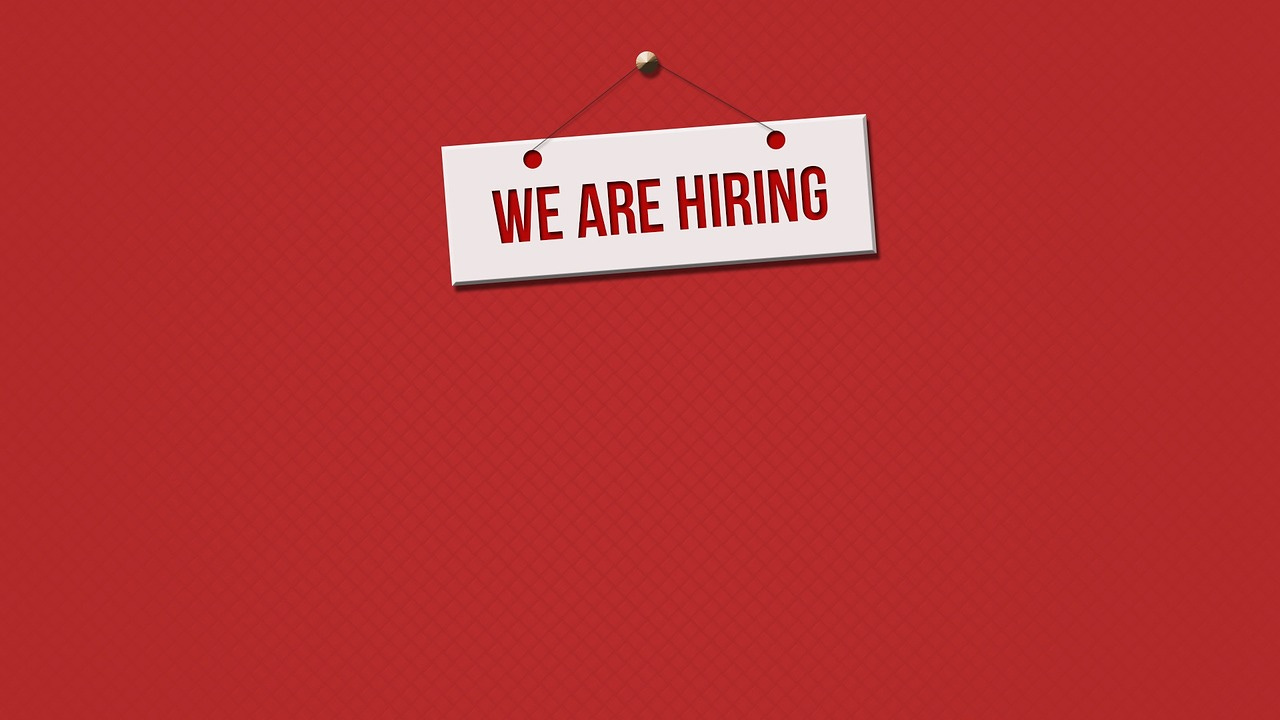Hiring? These top recruiters have a lot of wisdom to share with health-tech founders
Top talent may have different priorities than you might expect...
Recruiters at the top agencies know all the things. Trust me on this. In both my investing and prior career in journalism, I make it a point to reach out to recruiters and exec search firms on a regular basis to talk shop. Think about it. Their job is literally to talk to people all day long who are considering a job change - and then convince them to consider a new opportunity. It’s no wonder that some recruiting firms are even starting venture studios and funds.
So who better to talk to than a group of recruiters for some perspective on these crazy past few years in health tech and what to expect going forward? 2021 was one of the frothiest years most of us have experienced as valuations for startups hit sky high levels. It was also a very busy period for recruiters - and many were constantly turning down business. This year, things haven’t slowed down too much on the hiring front as the market moves in the direction of a recession. But it may soon. And that will create all kinds of …




